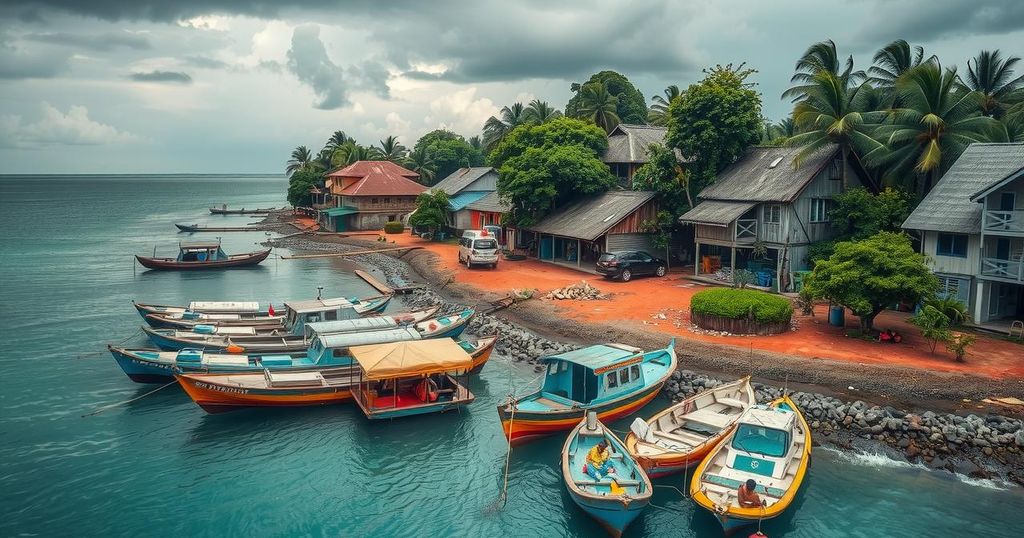Mozambique Faces Severe Unrest Amidst Election-Related Violence
Mozambique is facing severe unrest due to protests over disputed presidential election results, resulting in over 250 deaths. Since December 23, violence has erupted in response to the ruling party’s alleged electoral fraud, leading to nationwide protests marked by civil disobedience. The unrest raises significant concerns for regional stability, emphasizing the importance of Mozambique as a strategic geopolitical entity.
Mozambique is currently experiencing its most severe unrest related to elections since the end of its civil war three decades ago. Following the endorsement of a contested presidential election outcome by the nation’s highest court on December 23, clashes between authorities and demonstrators have escalated, resulting in numerous fatalities. Reports indicate that more than 252 individuals have lost their lives since the election in October, with 125 deaths recorded in protests since the court ruling. Protesters assert that the ruling party, Frelimo, engaged in electoral fraud, amplified by the opposition’s claim of victory and calls for national shutdowns. The sociopolitical turmoil has triggered widespread civil disobedience, including tire burnings, looting, and the establishment of unauthorized roadblocks, leading to significant security concerns and public disarray.
The political situation in Mozambique is a result of longstanding tensions following a controversial election process that has culminated in violent protests. The unrest is underscored by allegations of election manipulation by the ruling Frelimo party, which has governed for decades. The implications of this chaos extend beyond national borders, affecting regional stability and highlighting Mozambique’s critical role as a strategic maritime link in southern Africa. The violent clashes observed are indicative of broader dissatisfaction with governance and the quest for democratic integrity in the nation.
The tumult in Mozambique signifies a profound crisis fueled by contested electoral practices and escalating public dissent against longstanding political hegemony. The resultant violence and security challenges not only threaten Mozambique’s internal stability but also pose risks to regional peace and economic ties. Continued attention to this situation, both locally and internationally, is imperative to foster dialogue, restore order, and ensure the protection of human rights.
Original Source: www.nytimes.com




Post Comment